BHP: Building Culture and Capability for the Future
Karen Arch, Partner and Chief People Officer at BHP, shares how the firm has built a culture rooted in inclusivity, growth, and authenticity-earning recognition as a Great Place to Work while shaping the future of leadership in professional services.
BHP: Building Culture and Capability for the Future
Karen Arch, Partner and Chief People Officer at BHP, shares how the firm has built a culture rooted in inclusivity, growth, and authenticity-earning recognition as a Great Place to Work while shaping the future of leadership in professional services.

At Pratap Executive, we spend a lot of time with businesses that are shaping the future of work in the North. When we sat down with Karen Arch, Partner and Chief People Officer at BHP, we knew there would be plenty to learn - especially from a firm that has been recognised as a Great Place to Work for the last two consecutive years.
It quickly became clear there was far too much valuable content for just one article. So, we’re sharing her insights in two parts - beginning here with her reflections on culture, employer brand, and the changing face of leadership.
What has been your proudest achievement at BHP—and why does it stand out in the context of your broader career?
I actually struggle to pick just one achievement at BHP, because two really stand out.
The first is being accredited as a Great Place to Work for three consecutive years. On my very first day, we received the award for the first time, which was such a powerful affirmation that I’d joined the right culture. What makes it special is that it isn’t just a “badge” - it reflects the lived experience of our people. In our first survey we scored 86%, with themes like flexibility, fairness, and inclusivity coming through strongly. In the context of my broader career, this stood out as real proof of the impact of intentional culture building and truly listening to employees - not just asking for feedback, but acting on it.
The second is launching and growing our Work Experience Academy. It started as a new initiative and has now become a twice-yearly fixture with a fantastic reputation - people approach us at careers fairs asking how they can get on it. What makes me proud is seeing how it opens doors for young people, especially those from more socially disadvantaged backgrounds and shows them that accountancy is far more than spreadsheets and calculators. We cover travel costs, provide meals, and make it completely accessible. The feedback has been incredible - from boosting interview confidence, to inspiring business ideas, to even hiring two participants from our last cohort who join us in September.
For me, both achievements stand out because they embody BHP’s values in action. They are about culture, inclusivity, and social mobility — not just talking about these things, but living them. Personally, they have been some of the most rewarding moments of my career so far.
You have played a major role in shaping BHP into one of the great places to work, achieving Great Places to Work certification 3 consecutive years. What has been key to building a compelling EVP and employer brand in a professional services environment where competition for talent is fierce?
We have anchored our EVP in authenticity and data. The Great Place to Work accreditation has been really valuable because it gives us external benchmarking rather than just “marking our own homework.” It shows us what people truly value, and we build on that insight.
A big part of our approach is using personal stories to bring the EVP to life. For example, we often talk about Ellie Dignam in Digital Finance, who joined us as a non-graduate and worked her way up to partner. Stories like hers really show that success here is based on merit and opportunity, not just background.
We also go beyond generic surveys - tailoring them, running focus groups, and recognising that the experience in audit will feel very different to support services. Our People Partners make sure we capture those differences and feed them back.
And crucially, we don’t just talk about perks; we focus on purpose, growth, and development. That allows us to run targeted initiatives with real precision.
It’s also not a one-off exercise. EVP constantly evolves, and we keep refining it to stay authentic, relevant and compelling in a competitive market.
As the first non-accounting partner at BHP, what does that milestone mean to you personally and what does it signal about the firm’s evolving view on leadership and people capability?
For me, it was deeply meaningful. I was promoted alongside our CIO, Melanie Foster and for both of us it really marked a historic shift - being recognised as non-accountants in that role.
Personally, I see it as a validation of the strategic value of people leadership. For the firm, it signals a broader, more inclusive view of leadership - one that values diverse expertise and recognises that commercial success is inseparable from culture and capability.
Being part of the management board as well as a partner has shown the importance of having a diverse range of thought at the table. The firm was genuinely interested in what I had to contribute, as well as what Mel brought. That, in itself, was a huge shift, and the feedback I’ve received has been really positive.
I’ll admit, it was a shock at first, and it does feel different to step into that partner role. I’ve always had responsibility for people and culture, but carrying the partner title brings an added weight that I hadn’t fully appreciated. I feel a huge responsibility, but also a sense of growth - it’s pushed me into areas I might not have explored otherwise. I’m now more exposed to wider decision-making and conversations outside the HR sphere, and that’s been a real source of personal development.
BHP has a distinct generational mix. How do you approach bridging those gaps while still building a unified culture?
We try not to label or segregate people into categories, whether by generation, gender, disability, or ethnicity. Instead, we focus on shared values and common experiences. While each generation naturally brings different expectations, what we have found is that the things people value most—transparency, flexibility, and purpose - are universal. That insight guides how we design initiatives that support all of our people.
We use data to better understand our workforce. For example, we have seen a significant increase in non-graduate entrants who are joining us later in life, often women returning to the workplace after a career break. By analysing age demographics and application patterns, we can identify where barriers exist and ask: Are we doing enough to attract and support these people?
One area we have been looking at is the drop-off in female candidates during the recruitment process. Data shows fewer women progress through psychometric testing - particularly in maths and English and we also see lower success rates at interview. Part of this may be linked to confidence: younger male candidates often talk more openly about their achievements, whereas women can be more reserved. That insight helps us refine how we support and encourage candidates through the process.
We are also very mindful about the human element of recruitment. We don’t use AI in our interviews; instead, we ensure every candidate gets some form of personal interaction, even if it’s an informal 20-minute conversation. If people drop out or don’t progress, we want to understand why. That feedback loop is crucial.
Looking at generational needs more broadly, yes, there are some stereotypes: Gen Z often seeks mentorship, Millennials are drawn to leadership development and Gen X typically values strategic autonomy. But ultimately, our culture is built on respect and continuous dialogue. I often describe it as a family dinner—everyone is invited, everyone gets a seat at the table. Some may prefer tofu, others turkey, but every voice matters.
To strengthen that, we are expanding our mentoring programmes. At present, they are more common among middle managers, but we want to extend them to younger joiners too - especially those who don’t already have networks or role models in accountancy. It’s about making sure everyone has access to guidance and support as they grow within the firm.
Our Perspective:
We believe firms like BHP show what it takes to be more than just a successful business - they are building the foundations of long-term growth through people, culture, and inclusivity. Their approach demonstrates that authentic leadership and a compelling EVP aren’t just HR priorities, they’re commercial differentiators.
This is why we highlight BHP as an example: businesses across the North can learn a great deal from their commitment to culture and capability and we are proud to support organisations that share this ambition.
Continue reading Part Two which we will share next week, where Karen discusses aligning EVP with everyday experience, embedding people strategy into commercial outcomes, and preparing for the future of work.



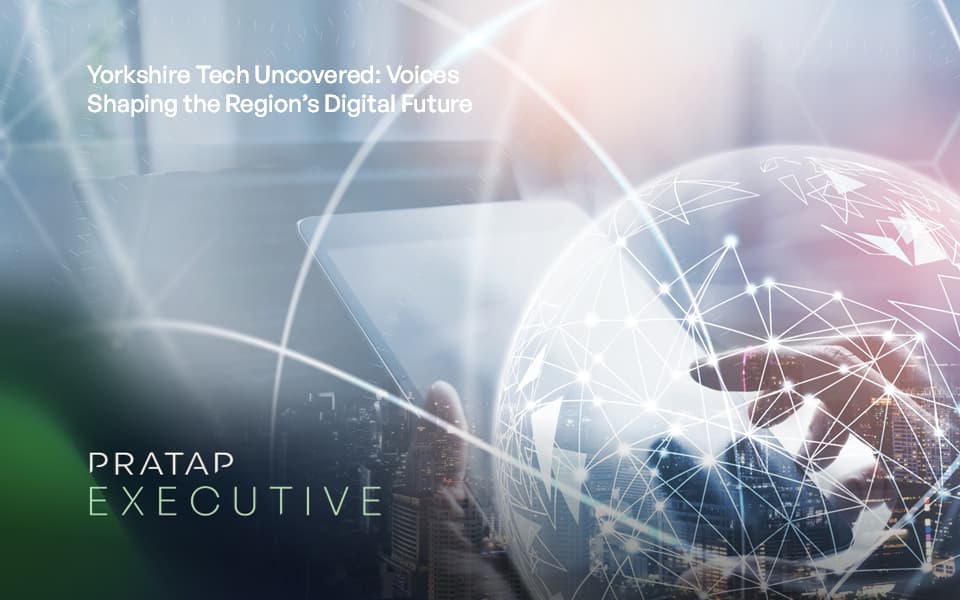
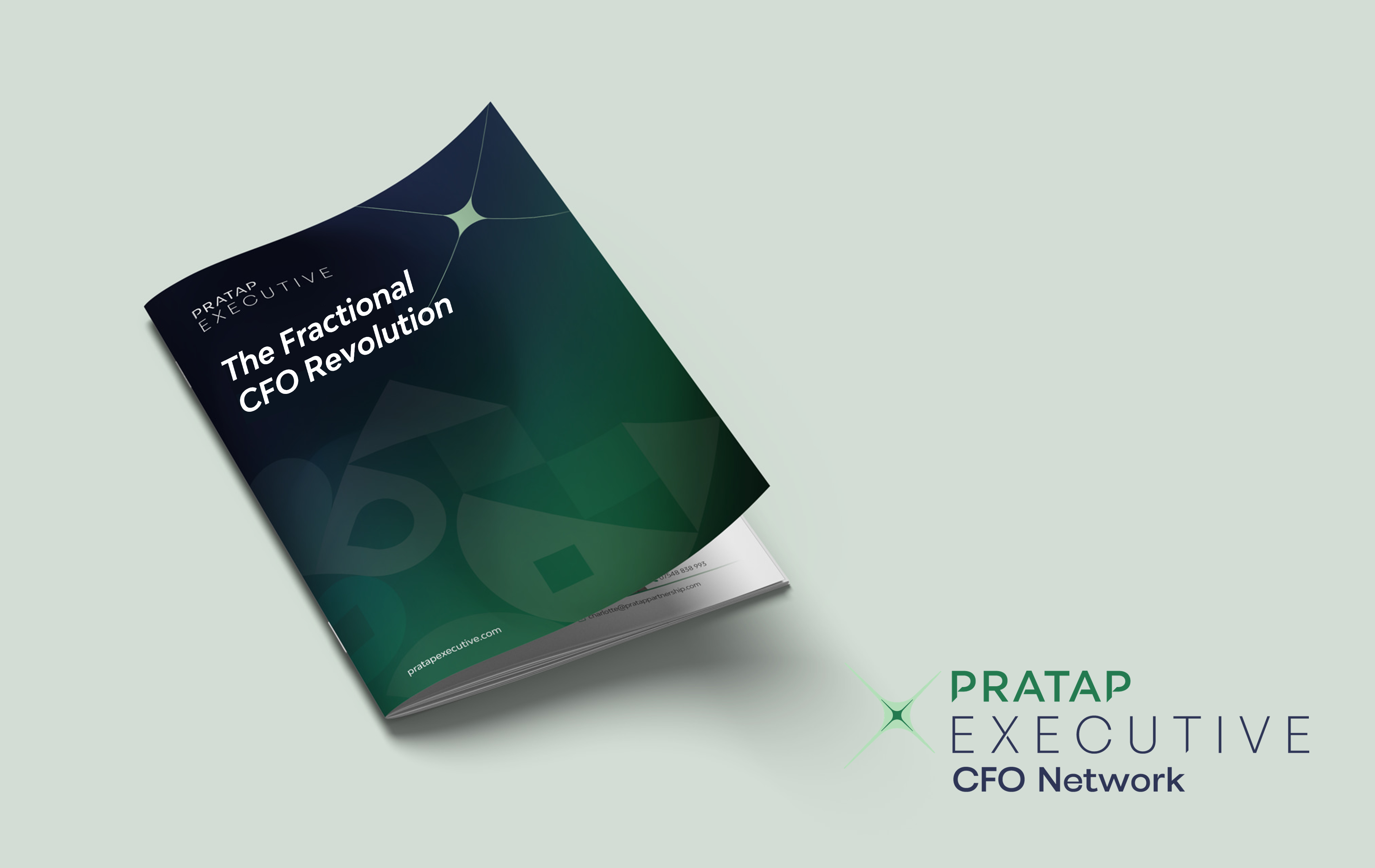
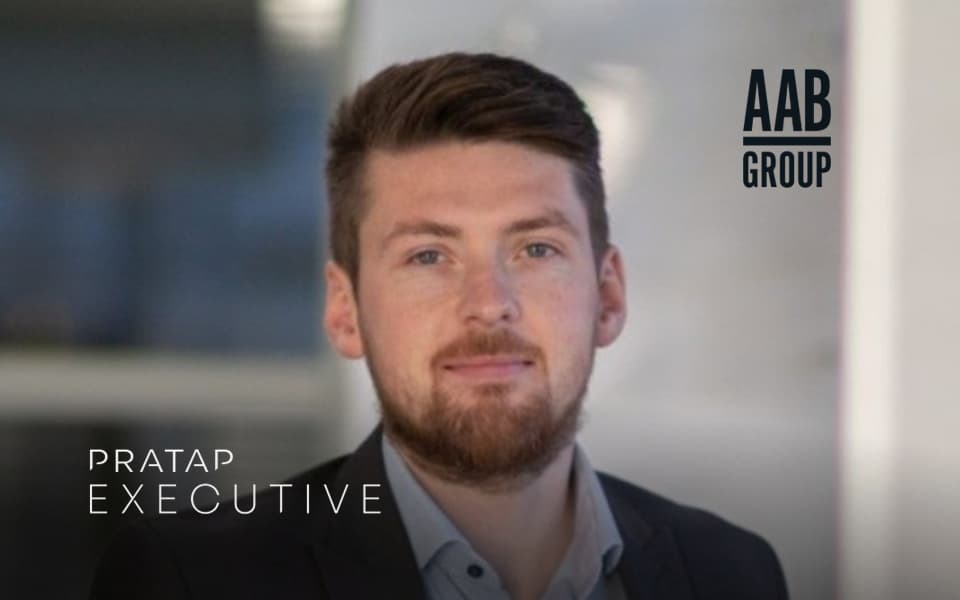
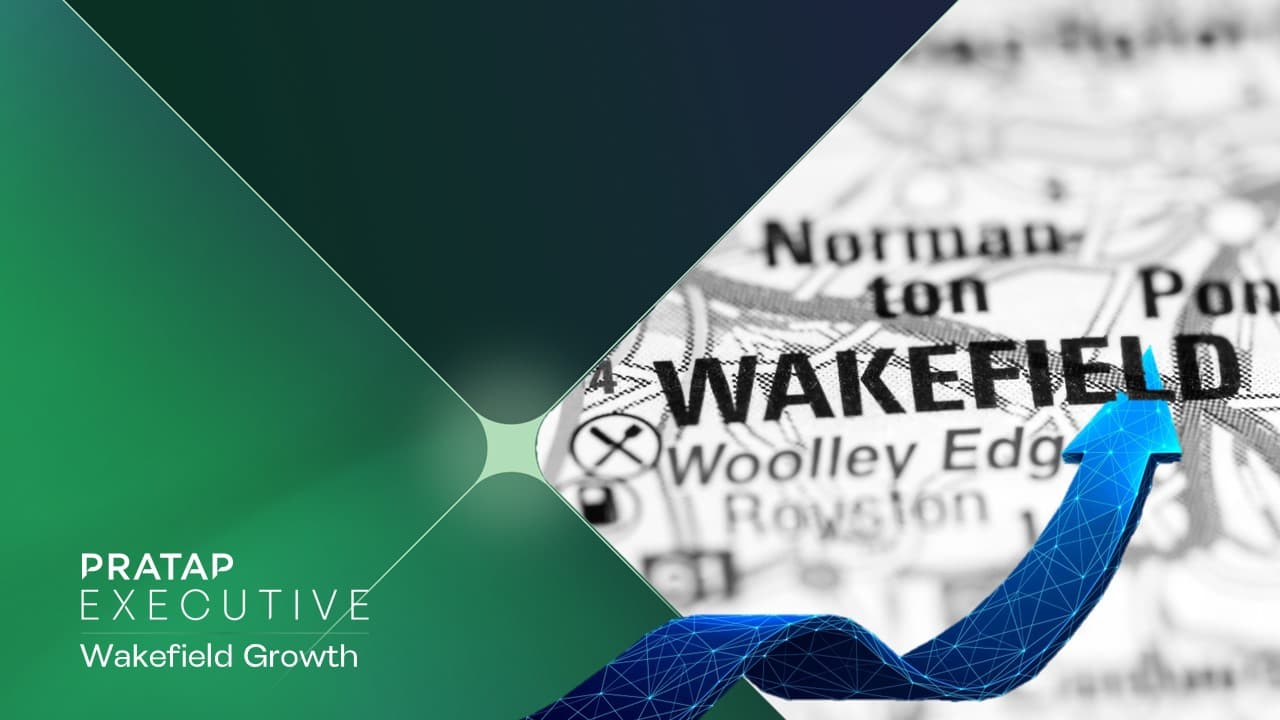

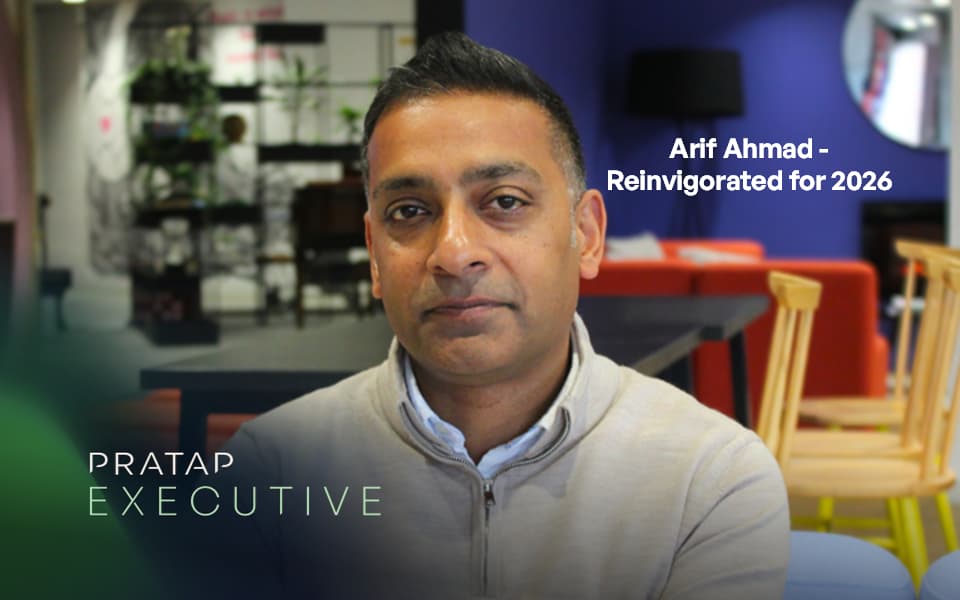
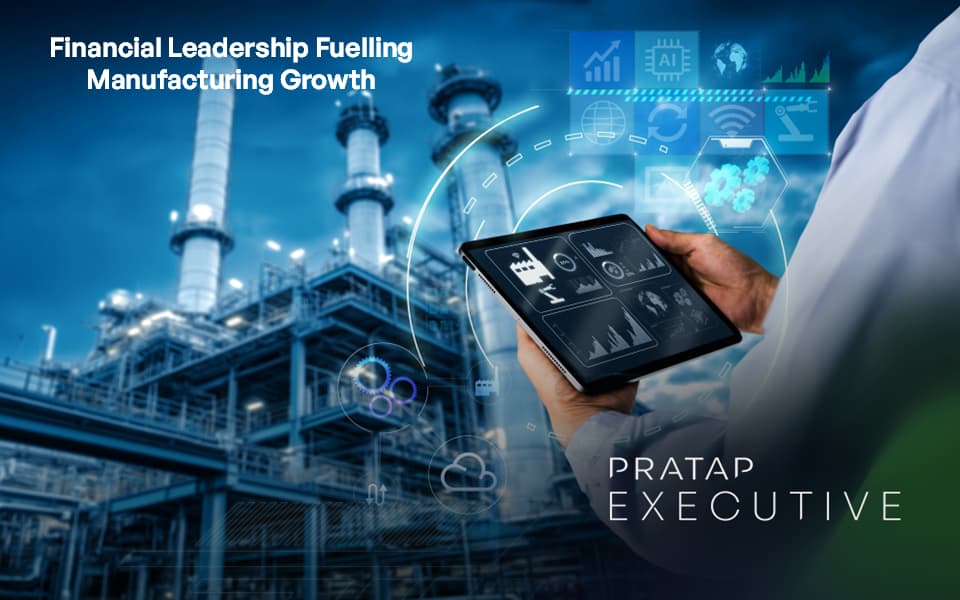

.jpg)